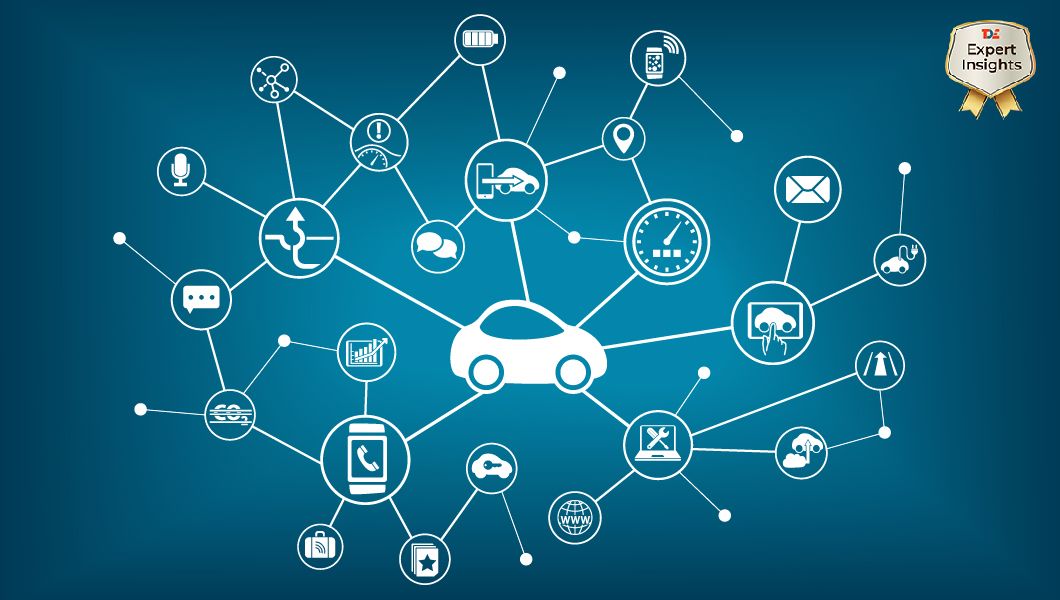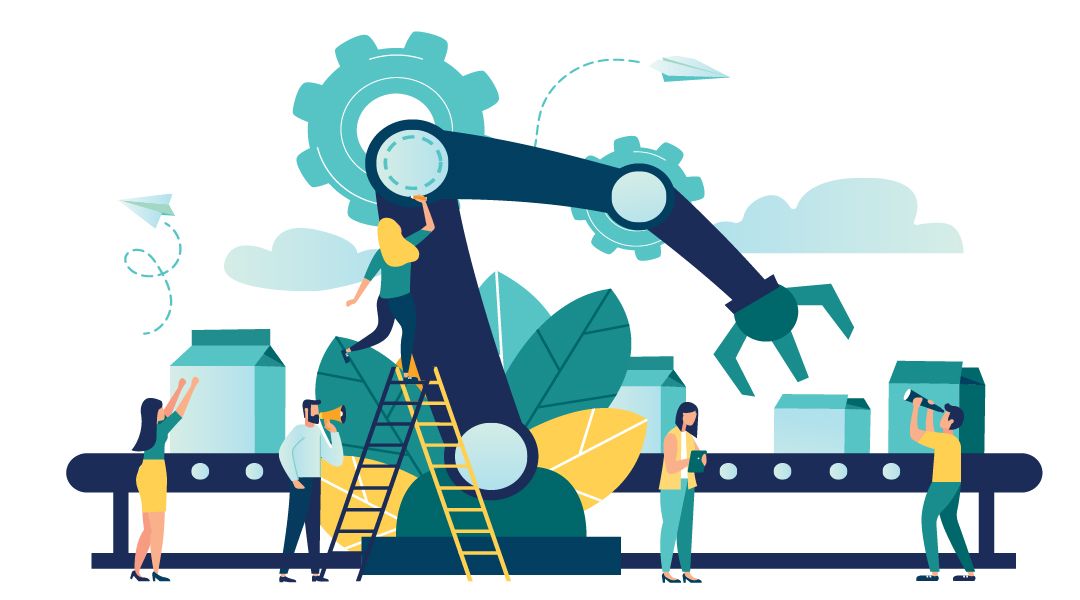How Millennials Influence Technological Changes in the Workplace

Digital transformation is radically changing business and creating new business models. Stephen Wakeling, CEO at Phobio, LLC, software provider for the telecom and retail industry, highlights how large-scale businesses can leverage technology to deliver a better customer experience and achieve unprecedented efficiency from their millennial workforce
Technology is changing work and the workplace, as mobility and always-on connectivity provide the capability to perform tasks from just about anywhere. Work is not somewhere you go. It’s something you do, and given the flexibility technology affords, it has changed work hours, as the typical “9-to-5” is not as prominent as it once was.
Within the workplace, every day more and more organizations are integrating applications and systems to streamline communication to empower employees to be more productive and customer-focused.
It’s no secret that millennials have begun setting the tone for what’s to come in the future. They’re quick to adapt with the ever-changing landscape of technology and are looking to make the workplace a more meaningful and technologically advanced place.
By 2025, 75 percent of the workplace will be made up of millennials and Generation Z. As these demographics become more dominant over baby boomers and Gen X-ers, technology will continue to become even more prevalent. Unfortunately, there are organizations that are still resistant to the shift in fear that their dedicated, older employee base may become less engaged.
Enterprises will benefit by finding a middle ground as the workforce continues to evolve where they – and their employees – can embrace digital transformation.
The Expectation of Technology
Millennials are a generation that expects instant communication. They have always had technology available at their fingertips for most of their lives. They expect to live and work in the moment – from a desk or on the go.
A 2016 Digital Workplace Communications Survey conducted by the PRSA Employee Communication Section and APPrise Mobile found that 48% of respondents thought that companies need to rethink digital workplace communications.
The use of email is declining and becoming less effective in the business setting. Chat apps and Communications Platforms as a Service (CPaaS) have become a rising trend that promotes effective and efficient workflow.
While technology is not a one-size-fits-all solution, the same survey showed that mobile and chat apps prove to be 90% effective in the workplace and should be considered. These solutions provide teams with the ability to collaborate instantly. Everyone begins to feel more connected with the simplicity of access to their leaders and peers.
Across industries, we have seen chatbots becoming more integrated into organizational systems and applications to help serve employees. By using conversational language, employees can ask questions pertaining to their schedules, upcoming projects, company policies and more. Thanks to advancements with AI, machine learning allows chatbots to expand their knowledge and continue conversations with its users.
Maximizing with Opportunity
Did you know that 71 percent of millennials will likely leave their job within the next year due to the lack of leadership skills they are developing? Think about that – 71%. If you consider the resources spent on-boarding individuals for a job, just for them to leave – it seems wasteful, doesn’t it?
Millennials are looking to make an impact in their career. They want the opportunity to learn, to grow, and most importantly connect and work alongside authority figures in their space. They are willing to travel, learn about new industries, and adapt to new surroundings and people.
Organizations have started to provide on-demand training classes, which take place online. They have certainly encouraged employees – young and old – to continue growing in their own time. Furthering education on the tech being used day-to-day in the office, on the industry your company provides services to, among other things, will get staff motivated, help diminish uncertainty, and benefit the business as a whole.
Reshaping Company Culture
When it comes to job searching, millennials are no longer only considering salary. Sure, it’s still important, but there is something that is becoming much more important to them – culture. A poor company culture could turn a potential candidate away.
The term “time is money” means a lot to millennials and employers are catering to it. For many, the standard 9-to-5 isn’t at all as common as it used to be. Employees are reaping the benefits of remote work, flexible hours, team-building activities and seminars outside of the office, which ultimately keep them motivated, educated, and overall happy.
Virtual work environments are allowing employees to stay connected while also feeling the freedom and flexibility needed to live their lives. Even older employees, who are looking to spend a little more time away from their desks, will be able to start to see how today’s digital tools are providing them that freedom without ever losing touch with their colleagues regarding work projects.
Looking to the Future with Millennials
The future is now. Millennials are a large part of the workforce and employers should be embracing the changes they are facing – even through the pain points.
Technology is and will continue to play a big role in the evolving business environment. As long as businesses continue to try to embrace the changes, it’s going to continue to benefit those involved. Employees will be committed to staying informed, connected, and engaged in an effort to be the most productive and successful that they can be in their position.


 By
By 











